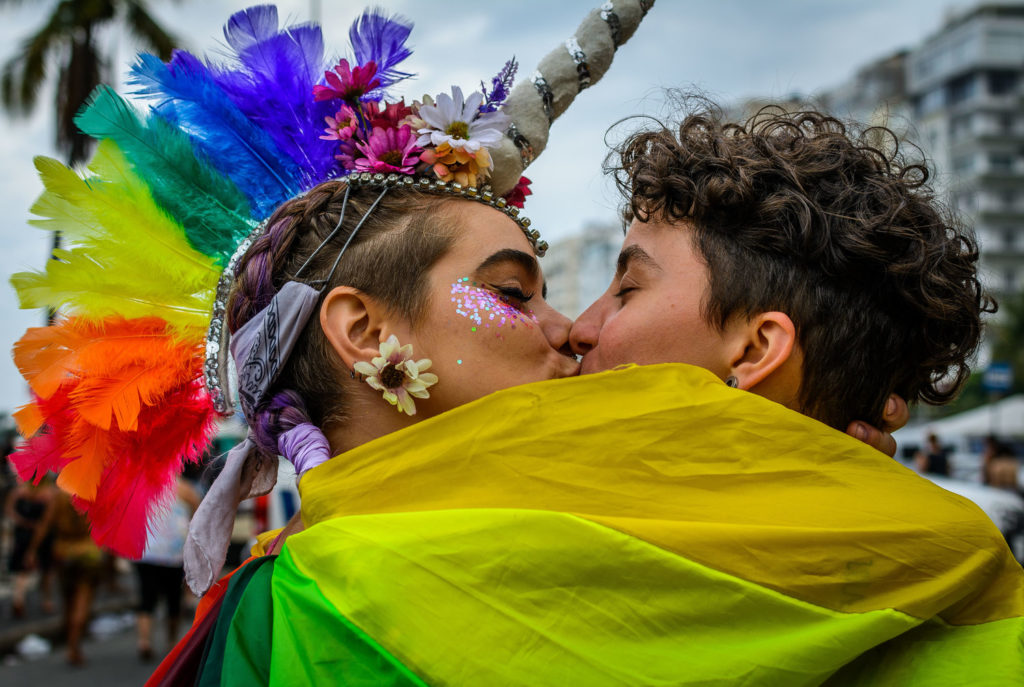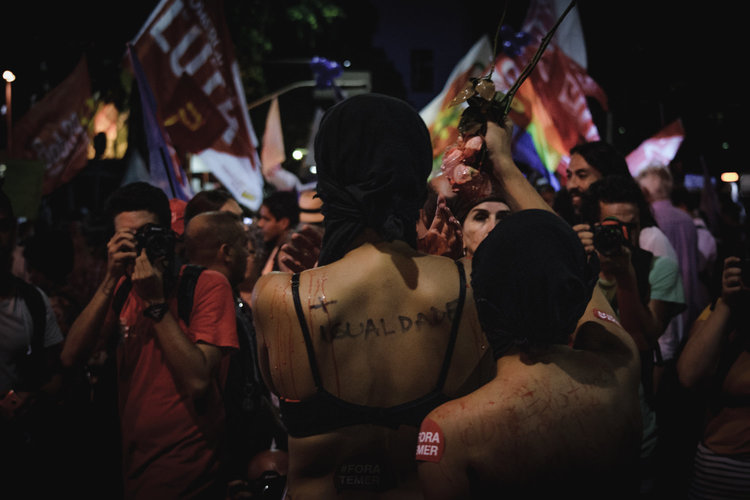Column By C.H. Gardiner
RIO DE JANEIRO, BRAZIL – Following a suspension of three months, the Federal Supreme Court (STF) reconvened Thursday to vote on extending special protections to members of Brazil’s LGBT community.

After yesterday’s session, six of the eleven ministers that make up the STF have voted in favor of the change in the law. The remaining five will vote on June 5th, but a majority in favor has now been attained.
Although measures targeting LGBT discrimination are in place in several states in Brazil, the decision by the STF would be the first time federal criminal law made LGBT discrimination illegal nationwide.
Julio Moreira of the pro-LGBT NGO Grupo Arco-Íris told The Rio Times that the law is crucial because it would extend some of the safeguards in place for other protected groups of the LGBT community.
At present, a murder motivated by hate, because of sexual orientation or gender identity, is not considered to be an aggravated murder, as would a murder based on racism.
“In the case of the murder of LGBT people, the very form of the killing shows just how much hate there is behind it. Often the victim is shot multiple times; there are many stab wounds, sometimes appendages are removed. This comes from a place of hate,” said Moreira.
Bills have been submitted to Congress calling for similar laws since as long ago as 2001 but have bever been voted on. This excessive delay formed the grounds for the votes of the STF majority, who consider it unconstitutional.
The changes would extend protections to Brazil’s transgender community, which has suffered discrimination in recent years. A 2018 report by the NGO Transgender Europe labeled Brazil as having the highest number of transgender people murdered in the world.

Bárbara Aires, a transgender woman who ran for state deputy with the Socialism and Liberty Party (PSOL), said that the laws are even more necessary right now due to the political climate.
“We are living in a moment where the highest elected representative in our country speaks in a way that inflames prejudice and violence,” Aires said.
President Jair Bolsonaro has made several controversial statements regarding the gay community in the past and recently said that Brazil “cannot be a country for gay tourism because we have families here.”
According to Brazil’s Sebrae Institute, tourism to Brazil by the gay community grew 11 percent in 2017, more than any other area.
Aires said that at present, the law does not protect all people equally. “We know that the reality of the situation is that the system does not work that way. Some people are more equal than others. There is no way to compare how crimes and murders are resolved when the victim is a white, straight, rich man, and when it’s a black trans woman from the favelas.”

